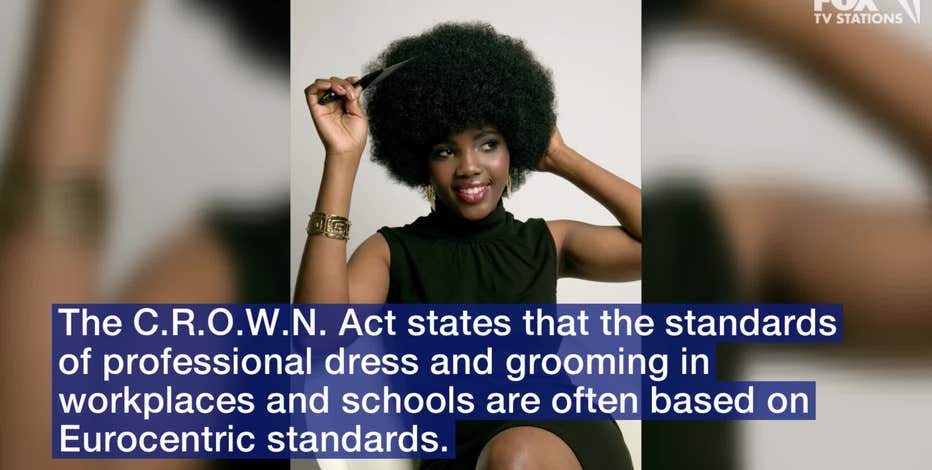Repainting history: UArizona professor shares stories for Black History Month to start important conversations
TUCSON, Ariz. - An associate professor at the University of Arizona is using his art to keep the conversation about Black History Month going. He's taking pieces of the past and giving them new life in the present.
While it may be impossible to rewrite the past, Aaron Coleman is finding a way to repaint it.
"I'm always looking for things that already exist that I can alter," he said.
By changing the piece, he's able to change the meaning behind it, or bring forward an entirely new idea.
Coleman took a decades old coloring book that only depicted white children, altering the underlying discrimination inside.
"They're learning about color and the world around them, but what's interesting to me is there's no people of color in this book whatsoever."
He turned the pages all black and white represent his background, but others are in color, showing a more inclusive group of the people on the pages.
"The goal is to start conversation."
Coleman's recent exhibition work, "Monumental Shadows," marries the past and present. These pieces show the recent tearing down of Confederate statues throughout the U.S., while highlighting how long they had been rooted there without question.
"By stacking their silhouettes, I'm talking about that length of time, but also being inspired by something that's happening right now."
The pieces are also a part of a larger movement of amplified Black voices and artists. Fueled by recent social unrest, Coleman considers it bittersweet.
It's why through his art, he aims to keep momentum from fading.
"If I can take things that happened a long time ago, or seemingly a long time ago, and show you that a lot of similar things are happening now, that kind of sense of time opens people up a little bit more."
By not painting over the past, but transforming the way it's viewed -- to see its true colors.
"It makes you remember what was done to a certain group of people. It will completely change the way that you respond or treat that group of people," he said.
RELATED: U of A assistant professor transforms old pieces of art to discuss race
Online:
- https://art.arizona.edu/people/directory/aacoleman
- https://virtualkomechak.org/aaron-coleman
- https://aaroncolemanprintmaking.com
- https://news.arizona.edu/photos/work-ua-printmaker-aaron-coleman
More Black History Month Coverage:
Featured
CROWN Act: Tucson becomes latest city to pass hair discrimination ban
The Tucson City Council voted on Feb. 23 to adopt the Create a Respectful and Open World for Natural Hair, or CROWN Act, joining multiple cities across the country in passing the ordinance, the Arizona Daily Star reported.


